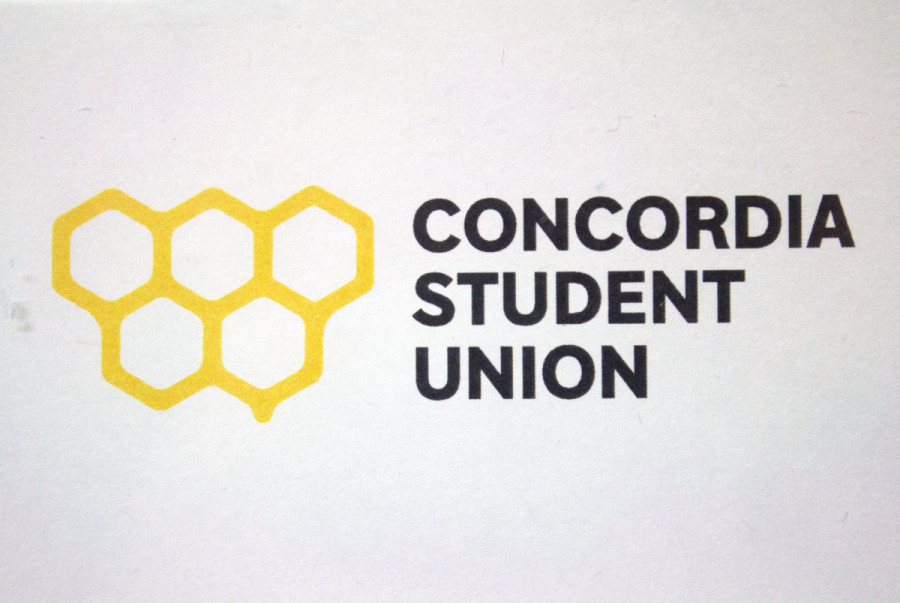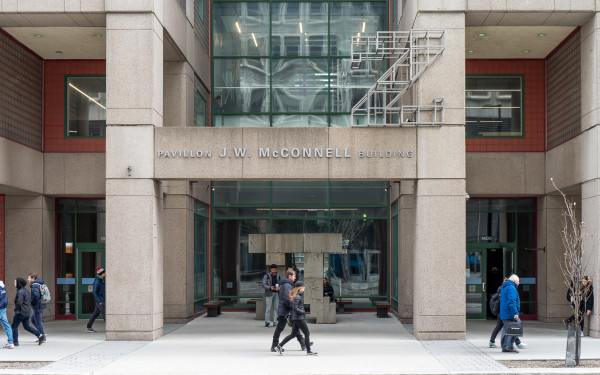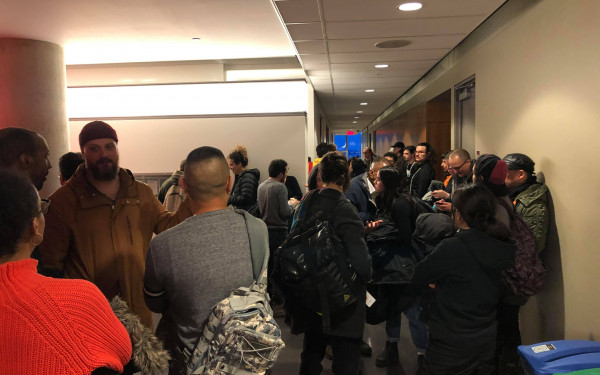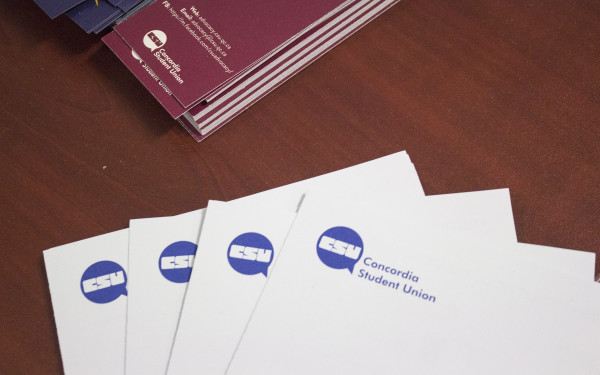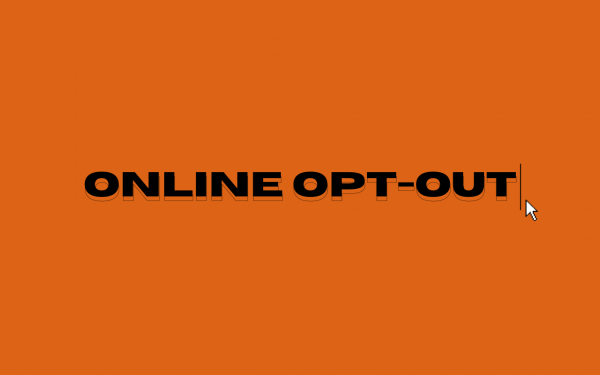CJLO Threatens Injunction Against CSU Over Online Opt-Out
A Letter From Lawyer for CJLO 1690 AM Alleges Agreements Were Broken
Disclosure: The Link is a fee-levy group.
CJLO 1690 AM, Concordia’s radio station, has demanded a moratorium on the implementation of online opt-out and threatened to seek a court injunction to halt the project in a letter from its lawyer to the Concordia Student Union’s general coordinator Christopher Kalafatidis.
Senior administrators at Concordia University also received copies of the May 11 letter to Kalafatidis, which included notice that the university would be named in such a proceeding.
A referendum question on establishing an online opt-out system passed in November 2019, and the goal has been to implement it for the fall 2020 semester. It would permit students to opt out of fee levies online.
These fees fund a variety of campus student organizations. Historically, students have had to exercise their right to opt out in person.
Alongside other objections, such as its dissatisfaction with the consultation process, the letter claims agreements between the CSU and CJLO were broken in Kalafatidis’ quest to implement the project.
Notably, it claims the CSU had previously agreed in 2003 not to put any referendum question to students pertaining to the CJLO fee levy without consent from CJLO.
The lawyer argues this condition was violated by putting the online opt-out question to referendum.
The independent media station said it had offered a reduced price for announcements and advertising for CSU groups in exchange for its fee-levy arrangement.
The letter goes on to argue that the referendum question misled students by creating the erroneous impression that online opt-out systems are the norm across Canadian universities, with Concordia being an outlier.
The lawyer also argues the wording implied that an online system could maintain the current system’s advantages in terms of ensuring opt outs are well-informed.
The phrasing of the fall 2019 referendum question was as follows:
“You, as a student, pay into fee levy organizations every semester. A fee levy organization is a student-led organization or initiative at Concordia University. They receive all or part of their operating budgets from your student fees.
Students have a right to opt out in-person to get their money back. Other Universities allow you to do this online.
The new system would allow you to opt out of each organization individually. Before opting out, students will be informed about what the organization does. The system will be created in consultation with all fee-levy organizations.
Do you support Concordia University bringing the opt out process online for student fee levy organizations?”
The letter also argues that because the CSU itself is a student-led organization at Concordia, that students who voted in the affirmative may have done so because of an implication they would be able to opt out of CSU fees, which is not the case.
“The CSU’s referendum question explicitly defines the term ‘fee-levy group’ as meaning ‘a student-led organization or initiative at Concordia University’ which, once again, manifestly includes the CSU,” the letter reads.
“The referendum question was written to be as clear as possible,” Kalafatidis told The Link in response to a request for comment.
Kalafatidis personally collected signatures required to get the question on the ballot.
“I approached people who never heard of fee-levy groups and online opt-out, and most people, upon reading the question, expressed that they understood and proceeded to sign the petition,” he said.
“I approached people who never heard of fee-levy groups and online opt-out, and most people, upon reading the question, expressed that they understood and proceeded to sign the petition.” —Christopher Kalafatidis
The letter indicates that if the CSU meets its demand within 10 days of the letter, CJLO will work with the CSU toward a mutually agreeable approach to online opt-out.
If the CSU refuses, the letter says an injunction will be sought before the Superior Court of Quebec either to halt implementation or, alternatively, to order that opt-out apply to the CSU as well.
The letter says Kalafatidis initially agreed to meet with CJLO to discuss the implications of this online opt-out referendum but that Kalafatidis cancelled the meeting at the last minute.
It also claims that on the same day, March 11, CJLO staff and volunteers attended a CSU meeting to voice their concerns but were excluded due to room capacity and were provided no alternative means of participation.
Ultimately, a Google Doc was sent to fee-levy groups in April to solicit the input of fee-levy groups, including CJLO. Responses were recently compiled into a report.
A CSU council motion that carried in January resolved that consultations would be done via interviews with fee-levy groups.
Kalafatidis argues the survey was a more transparent method because concerns of fee-levy groups could be included verbatim.
“I believe an injunction on the basis that the CSU did not fulfill the requirements for a consultation is baseless when we have a 44-page report that proves otherwise,” said Kalafatidis.
Emails that were exchanged between Kalafatidis and university administrators show that discussions and meetings about implementation were occurring since November 2019.
The CJLO letter notes that the station’s existence as a student broadcaster is dependent on a consistent funding stream due to operating costs such as CRTC licensing and antenna and transmitter payments.
In response to a request for comment, a Concordia spokesperson said, “Fee levy amounts are decided by CSU-held referenda and the online opt-out was the result of a student-held referendum. The CSU is an independent student group.”

